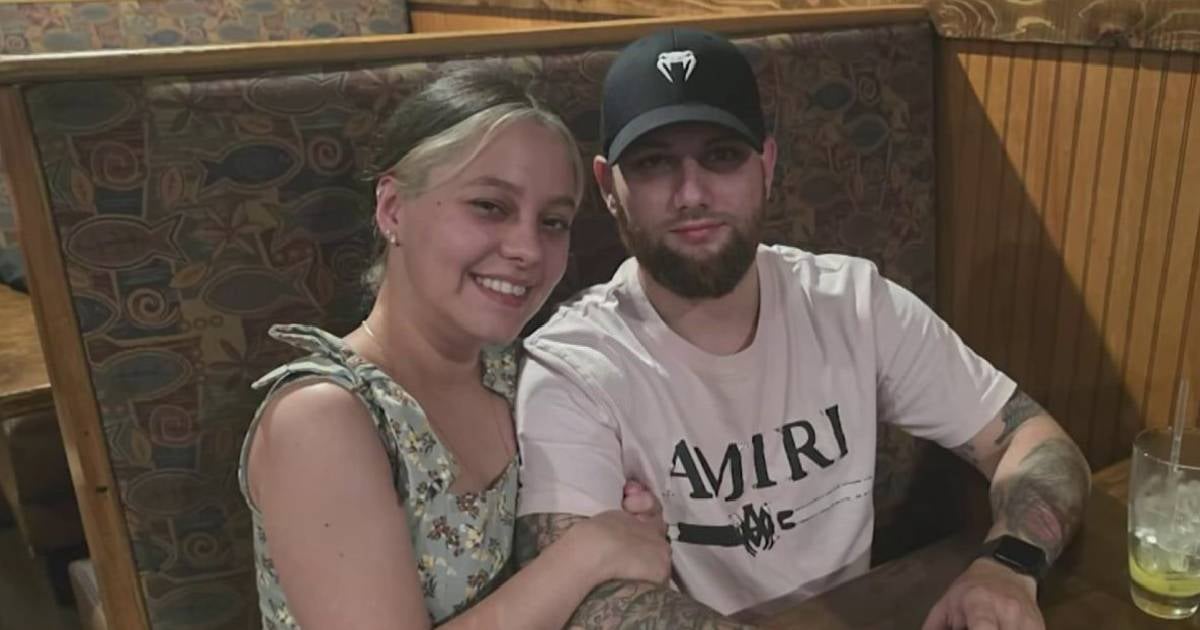
Related videos:
The young Cuban, Jeovanis Armas, is living in a state of complete uncertainty after receiving a deportation order in the United States, despite his case being classified as "credible fear."
At 28 years old, this approval acknowledges the danger he could face if he returns to the island, where he fears for his safety. However, the political asylum system left Armas without adequate legal representation, leading him to this critical situation, according to Telemundo 51.
Joevanis, who entered the country irregularly in 2019, remains detained at the Broward Detention Center. During this time, he has reported experiencing "psychological torture" due to the prolonged detention and the handling of his case.
The mentioned outlet elaborated that according to his lawyer, Miguel Inda-Romero, while the Cuban authorities have accepted his return, the process has not progressed, unnecessarily prolonging the young man's detention.
On the other hand, his wife, Lixandra Morales, stated that the situation is an "injustice," as her partner has no criminal record and has complied with the supervision of the Immigration and Customs Enforcement (ICE).
Similarly, he mentioned that he has been arrested and released multiple times, which has led to a significant decline in his mental health. For these reasons, his lawyer emphasizes the urgency of his release, given his increasingly fragile emotional state.
After being suspended in December 2020, deportation flights between the United States and Cuba were resumed in April 2023 following negotiations aimed at addressing the migration crisis.
Since 2021, more than 990 Cubans have been deported from the United States. With the tightening of immigration policies, it is expected that the cases will increase, giving priority to those with criminal records.
President-elect Donald Trump has promised mass deportations starting from his inauguration on January 20. However, various lawyers have noted that those born on the island are not among the group that will significantly increase that potential number, as island citizens have substantial legal protections under the Cuban Adjustment Act.
On the subject, the communist regime stated that it is "unrealistic" to assume that the Donald Trump administration will carry out mass deportations of Cubans and explained its arguments.
“It is important to remember that there are migration agreements between Cuba and the United States, and any issues of this nature, including any potential deportations, must be addressed within the framework of what these agreements establish,” said Carlos Fernández de Cossío, Deputy Minister of Foreign Relations, during a press conference held following the latest round of migration talks between the two countries.
Frequently Asked Questions about the Deportation of Cubans from the U.S.
Why could Jeovanis Armas be deported despite having an approved credible fear claim?
Despite having credible fear approval, Jeovanis Armas's lack of adequate legal representation has complicated his political asylum process, leaving him in a critical situation that could lead to deportation. Furthermore, although Cuban authorities have accepted his return, the process has dragged on without significant progress.
What are the effects of the tightening of immigration policies on Cubans in the U.S.?
The tightening of immigration policies in the U.S. could lead to an increase in the deportation of Cubans, particularly those without criminal records who find themselves in legally uncertain situations, like Jeovanis Armas. These policies may intensify following the promise of mass deportations by President-elect Donald Trump, although Cubans do have some legal protection under the Cuban Adjustment Act.
What is the Cuban Adjustment Act and how can it help Cubans at risk of deportation?
The Cuban Adjustment Act allows Cubans to apply for permanent residency in the United States after one year of staying in the country. This law provides a legal pathway to regularize their immigration status, although its implementation can be complicated by changes in immigration policies and does not always guarantee protection against deportation.
How does the resumption of deportation flights to Cuba affect Cuban migrants in the U.S.?
The resumption of deportation flights to Cuba since April 2023 has led to an increase in the number of Cubans deported from the U.S. This particularly affects those with deportation orders, such as individuals who have entered illegally or have not successfully navigated asylum processes, intensifying the uncertainty and risk of deportation.
Filed under: